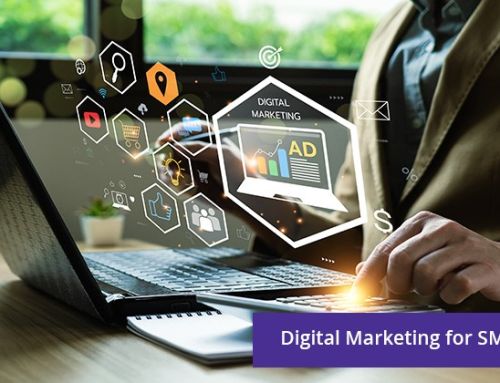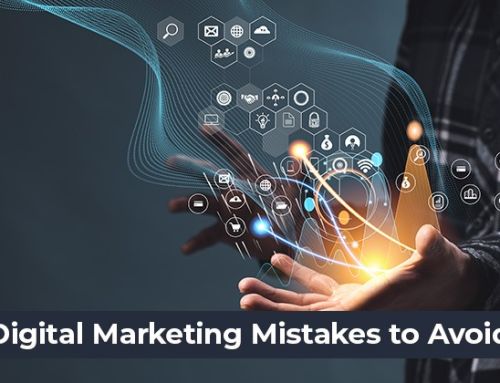Digital marketing continues to evolve rapidly, driven by technological advancements and changing consumer behaviors. In 2024, leveraging the right tools in digital marketing is essential for businesses aiming to stay competitive and maximize their marketing efforts. The fast evolution of digital marketing is still being driven by shifting consumer behavior and technology breakthroughs. To stay competitive and make the most of your marketing efforts, businesses must make use of the appropriate tools.
This article explores a selection of indispensable digital marketing tools across key categories, highlighting their features, benefits, and how they contribute to achieving marketing success.
Digital Marketing Tools for 2024
1. Analytics and Data Insights
- Google Analytics: An important tool for monitoring user activity, campaign effectiveness, and website traffic. It offers insightful information on conversion metrics, acquisition channels, and audience demographics.
- Google Search Console: An essential tool for tracking and evaluating website traffic coming from Google’s search engine is Google Search Console (GSC). It gives site owners and webmasters crucial information about how their website appears in Google Search results.
- Hotjar: Provides surveys, heatmaps, and session recordings to help you identify usability problems and improve conversion rates by studying how people interact with your website.
- SEMrush: Integrates social media, PPC, SEO, content, and competitive research tools to deliver thorough, data-driven insights for strategic marketing decisions.
2. Search Engine Optimization (SEO)
- Ahrefs: An effective suite of tools for SEO analysis that maximizes website visibility and organic search rankings. It includes backlink analysis, keyword research, and rank tracking.
- Screaming Frog: This tool performs a comprehensive site audit. It is an essential SEO tool for identifying problems like broken links, duplicate material, and other issues. It improves the functionality of the website.
- Moz Pro: It offers a range of services including SEO auditing, performance monitoring, site crawling, and link-building tools.
3. Content Marketing
- HubSpot: This tool provides a set of tools for managing, creating, and optimizing content. This includes social media scheduling, blogging platforms, SEO advice, and content management systems (CMS).
- Grammarly: Assures clarity in written communication by improving content quality with grammar and spell-checking features.
4. Email Marketing
- Zoho: A well-liked email marketing platform with audience segmentation, automation workflows, configurable templates, and thorough analytics.
- Mailchimp: Provides tools for small businesses and entrepreneurs to automate email sequences, create subscriber lists, and implement customized email marketing campaigns.
5. Social Media Management
- Hootsuite: Facilitates analytics, scheduling, and monitoring on several social media networks. It also allows administration of the content calendar and team collaboration.
- Buffer: Offers tools for audience interaction, content preparation, and performance reporting, making social media scheduling and analytics easier.
6. Advertising and PPC
- Google Ads: Enables companies to design and oversee advertising campaigns for search, display, video, and apps throughout Google’s network. It provides bid management, performance tracking, and targeting options.
- Facebook Ads Manager: This tool makes it easier to create, target, and manage budgets for ads on Facebook and Instagram. It offers thorough analysis and tools for optimizing ad return on investment.
7. Marketing Automation
- Zoho Marketing Automation: ZMA streamlines customer engagement with automated workflows and personalized campaigns, enhancing efficiency and ROI in digital marketing efforts.
- HubSpot Marketing Hub: To improve customer interaction and expedite marketing procedures, this hub integrates email marketing, lead nurturing, automation workflows, and CRM.
- ActiveCampaign: Uses CRM, sales automation, email marketing, and marketing automation technologies to create tailored campaigns that nurture leads and increase conversions.
8. Graphic Design and Visual Content
- Canva: An easy-to-use platform for creating marketing materials, presentations, social media postings, and graphics. This provides easy-to-use editing tools, stock pictures, and themes.
- Adobe Creative Cloud: It offers photoshop, illustrator, and design, three professional-grade design programs for producing and modifying visual content.
10. Project Management and Collaboration
- Trello: Uses cards, lists, and boards to arrange tasks and projects. provides work delegation, progress tracking, and team collaboration using a visual interface.
- Asana: Promotes teamwork, task management, and project planning. enhances workflow efficiency and campaign execution by integrating with marketing tools.
Conclusion
Success in digital marketing in 2024 will depend on utilizing the appropriate technologies to improve productivity, optimize workflows, and produce significant outcomes. These essential tools enable marketers to manage social media, improve content strategy, optimize SEO, and automate workflows. They also help marketers negotiate complex situations, successfully engage audiences, and generate quantifiable returns on investment.
Through smart integration of these tools into your marketing stack and continued industry awareness, companies may set themselves up for long-term success and a competitive edge in the digital era. Make the most of these technologies and strengthen your marketing campaigns with these crucial digital marketing tools.






